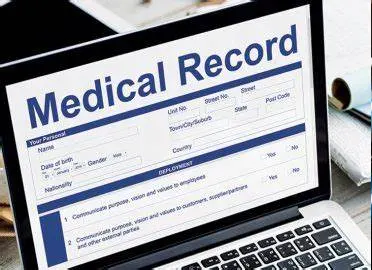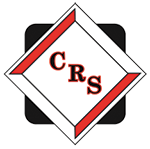To gather precise and comprehensive patient data, medical record documentation is vital. Without thorough and accurate documentation, medical professionals can lack the knowledge they need to decide how best to treat patients, which could undermine the standard of care. Additionally, inaccurate documentation may hinder meaningful research and analysis and cause billing and reimbursement inaccuracies.
Proper medical record documentation involves documenting all relevant information about a patient’s medical history, including previous illnesses, treatments, and medications. It also includes documenting all treatments, interventions, and outcomes during hospitalization or medical procedures.
The accuracy and completeness of medical record documentation depend on the skill and diligence of the healthcare provider responsible for documenting the patient’s information. So, healthcare workers should be taught and trained about the importance of keeping good records and the rules and standards for keeping medical records.
In recent years, the use of electronic health records (EHRs) has become more prevalent, which can improve the accuracy and completeness of medical record documentation. EHRs can help healthcare providers capture all relevant information and allow easier access to patient information, improving patient outcomes and reducing errors. Creating templates will ensure that all pertinent information is captured to maximize reimbursements and data quality.
Medical record documentation is critical for capturing accurate and complete patient data. Proper documentation ensures that healthcare providers have the necessary information to provide quality care and is essential for billing, reimbursement, and research purposes. Healthcare providers should be trained on the importance of proper documentation and be aware of the standards and regulations related to medical record documentation.


